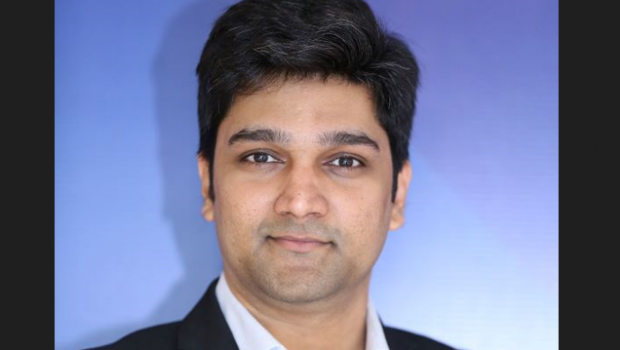Pay Scale Recognition For Cybersecurity Professionals Underwhelming In India
In a candid interaction with BW Businessworld, Harshil Doshi, Country Manager at Securonix - India, spoke on smaller pay scales for cybersecurity professionals in India, need to resolve Intellectual Property Rights (IPRs) to encourage innovation in the space and Securonix’ hiring plan for the next 12-18 months.
Edited Excerpts:
Cybersecurity is not pursued as hard in India as it is abroad. You see only a few startups trying their hand in it from product-perspective too. What do you think is the scope like in India?
Cybersecurity is one of the top verticals in Information Technology (IT), where there has been a lot of brain drain from the country. For example, we work with a lot of educational institutes, startups and more, to build cybersecurity skills in the country. But the kind of pay scales and recognition that cybersecurity analysts get in the country is lax. So, most of them invariably start looking out for opportunities outside India. There’s a lot of demand for cybersecurity professionals outside India and a lot of the supply is provided by India.
Having worked in the cybersecurity industry for the last 18 years and I have to say, with a heavy heart, almost 90 per cent of the great cybersecurity minds I have worked with in India have eventually moved abroad.
Ultimately, what we land up having is the bottom rung of talent in India and the top-tier invariably heads out. There is a lot of opportunity for the industry to give more importance to cybersecurity and to increase the pay scales and more. Many multinational OEMs including us are doing our part. We are providing parity in salaries to cybersecurity professionals in India.
Moreover, a lot of startups in India focus on professional services and human resources-based services due to the abundance of human resources. Hence, we have lesser product-based startups. That’s true even for cybersecurity. Even service-oriented behemoths such as Infosys and LTIMindtree are huge in cybersecurity from an implementation and maintenance perspective but not so much from the product-perspective.
Do you think that this is going to change over the next 10 years?
Yes, of course. I think the thought process of the youth to not work for someone but for themselves is itself a very powerful way for the country to see a lot of innovations. However, it also needs to be augmented by government efforts. Unless you have the freedom to research, innovate and financial resources to back you up, it's not a very easy thing. Whether it is a small product or a very complicated robotic system, you need more than availability of talent. You also need an ecosystem which supports that kind of talent.
There are also a lot of patent-related issues because if there's something innovative in India, then it’s probably already done in the US. So, we need to solve those IPR issues.
Do you see a lot of youth gravitating towards cybersecurity?
I think the tides are changing. There's widespread penetration of cybersecurity curriculum in engineering or graduation degrees. This means that they already have decent amount of cybersecurity knowledge. In comparison to other domains, cybersecurity pays well too. So, we see a lot of youth gravitating towards cybersecurity and there is a good amount of collaboration between industry and academia to make sure that the right skills are imparted to the youth. There shouldn’t be any difficulty in producing more cybersecurity talent in India.
What is Securonix trying to achieve in India in the next one year or so in terms of hiring?
We are working with multiple companies and agencies to provide holistic protection against advanced cyber threats. To do this, we definitely need skills. We need a lot of human resource and support locally in the country. We already have brought in 600 employees in India across engineering, professional services, cloud operations and other domains. And we are growing at a massive scale. There is good amount of hiring planned for the next year as well.
Last year, we were about 350-400 employees strong and we have grown by almost 50 per cent to about 600 employees. Over the next 12-16 months, we could be at about 1,000 employees in India.








Gloss